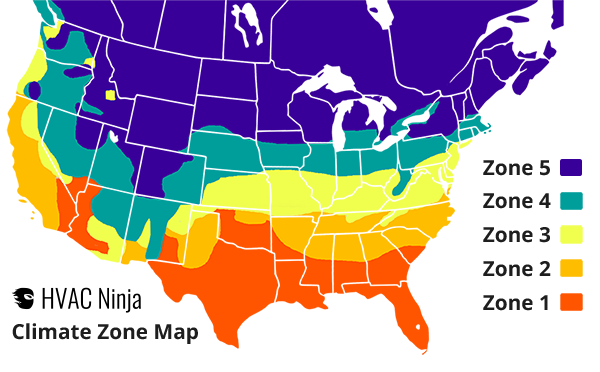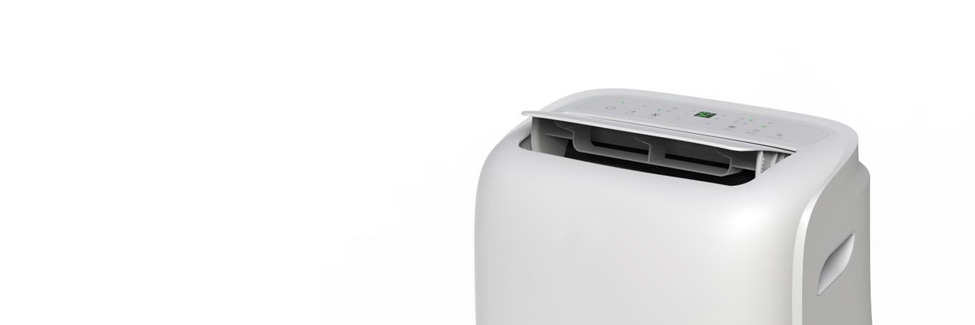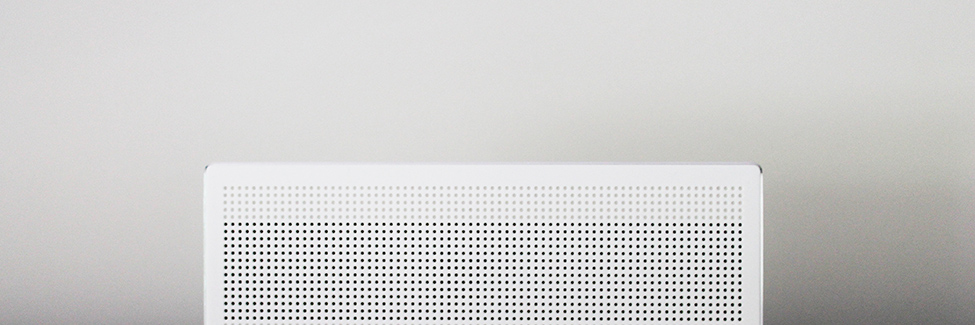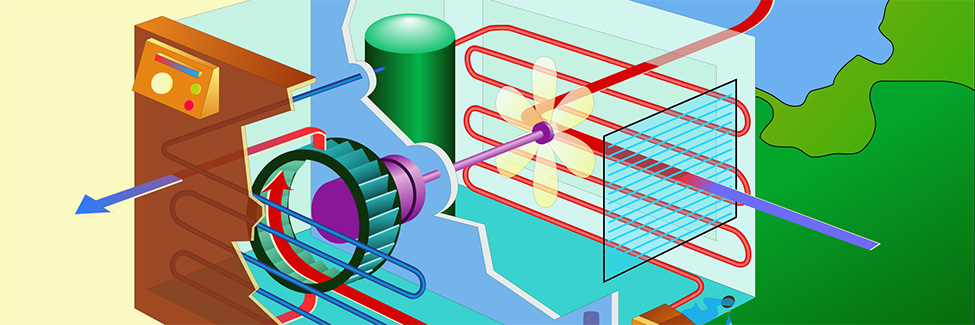
Cooling BTU Calculator
British Thermal Units (BTUs) are a measurement of energy required to change temperature, frequently used when discussing HVAC. Modern air conditioner (AC) manufacturers use BTUs to make it simple to compare AC units with different capacities and designs. In general, the larger the number of BTUs, the higher the cooling capacity. Use the following calculator to understand how many BTUs are needed to cool your indoor space.
Learn more about BTUs and other HVAC terms in our HVAC Glossary.
If you live in North America, use the map below to choose the appropriate climate zone number.

Usually, higher BTUs mean better cooling capacity, though if you’re searching for optimal cooling indoors, you’ll also want to consider a system’s effect on airflow, air quality, and overall power usage. The BTU output of a cooling system is usually listed on a product’s packaging, so you’ll be able to find and compare numbers easily.
The Importance of Measuring Cooling Energy Usage
Measuring your cooling usage is important in order to make sure that your air conditioner meets the cooling needs of your indoor space. The size and capacity of your AC unit will determine how much cooling power it can provide. If your AC unit is too small, it will not be able to keep your indoor space cool enough. If it is too large, it will use more energy than necessary and will not operate as efficiently.
You should also consider the specific cooling needs of your indoor space when choosing an AC unit. If you have a large space with high ceilings, you will need a unit with more cooling power. If you have a small space with low ceilings, you will need a unit with less cooling power.
Finally, you should consider the climate in your area when choosing an AC unit. If you live in a hot and humid climate, you will need a unit with more cooling power. If you live in a cool and dry climate, you will need a unit with less cooling power.
Still have questions? Ask an HVAC expert directly via chat or phone.


